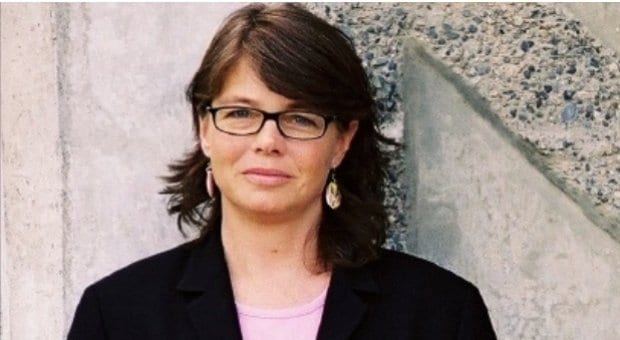In deciding whether to approve Trinity Western University’s (TWU) application to operate a faculty of law, BC’s legal profession regulator should consider the harmful effects of the school’s community covenant on the LGBT community, the University of BC’s law faculty council says.
To be admitted to TWU, students must sign a covenant agreeing to uphold Christian biblical teachings, including no premarital sex and no homosexuality. Failure to uphold these commitments, according to the student handbook, could result in discipline, dismissal or a refusal to readmit a student to the university.
The final decision on whether TWU can operate a law school now rests with the Law Society of British Columbia, which governs the province’s legal profession. Debate on the issue began Jan 24. Law Society president Jan Lindsay has said the process could take several months.
What the society, and its counterparts across Canada, must look at is whether TWU graduates would meet requirements for admission to the legal profession in the province.
But, says UBC law professor Margot Young, the society needs to look fully at the conflict between the covenant and lawyers’ obligation of non-discrimination.
“As a result of the Community Covenant Agreement, lawyers employed by TWU as staff or faculty may be forced to choose between enforcing the TWU’s covenant agreement and complying with BC’s Code of Professional Conduct, which requires non-discrimination,” Young says.
A motion from UBC’s law faculty council urges the society “to have express regard to TWU’s policy of enforcing its Community Covenant Agreement in a manner that discriminates against gay, lesbian, bisexual, transgendered, queer and two-spirited (GLBTQ) people, including married GLBTQ people, when deciding whether accrediting graduates of TWU’s proposed school of law program would be ‘in the public interest,’ and whether accrediting graduates of TWU’s proposed school of law program would fulfill the society’s statutory and constitutional obligations to ‘preserve and protect the rights and freedoms of all persons.’ “
The motion further urges the society “to have express regard to the impact of effectively excluding GLBTQ people from the community of students, staff and faculty members at the proposed TWU school of law on TWU’s capacity to offer a legal education that prepares students to discharge a lawyer’s ‘special’ professional responsibility ‘to comply with the requirements of human rights laws’, including the requirement not to “discriminate against any person when making employment decisions and when offering legal services.”
Amrik Virk, minister of advanced education in BC, approved TWU’s application Dec 18.
Virk said the province’s Degree Quality Assessment Board reviewed the university’s proposed law degree and found it met the degree-program quality-assessment criteria for private and out-of-province public institutions.
The Federation of Law Societies of Canada, an umbrella group for territorial and provincial legal profession regulators, earlier approved the school.
The federation announced preliminary approval Dec 16, saying it had to examine only whether the proposed law school’s graduates would meet professional requirements for knowledge and competencies needed for entry to the bar admission programs in the Canadian common-law jurisdictions.
But, Young notes, a report issued by the federation said LGBT people “would legitimately feel unwelcome at a TWU law school.”
Young says the proposed law school raises vital questions about important rights and freedoms, including equality and freedom of religion.
“The reports published so far have failed to identify the range of interests at stake and have not considered the particular statutory responsibilities of the law society to protect rights and freedoms and to act in the public interest. We urge a full, public, participatory process for considering these critical questions in relation to the proposed new law school.”
The law society has pledged an open and consultative process on the issue and is now open to receiving submissions on the application.
They can be sent to submissions@lsbc.org or to 845 Cambie St, Vancouver, BC, V6B 4Z9.
Submissions should be addressed to the executive director.

 Why you can trust Xtra
Why you can trust Xtra


